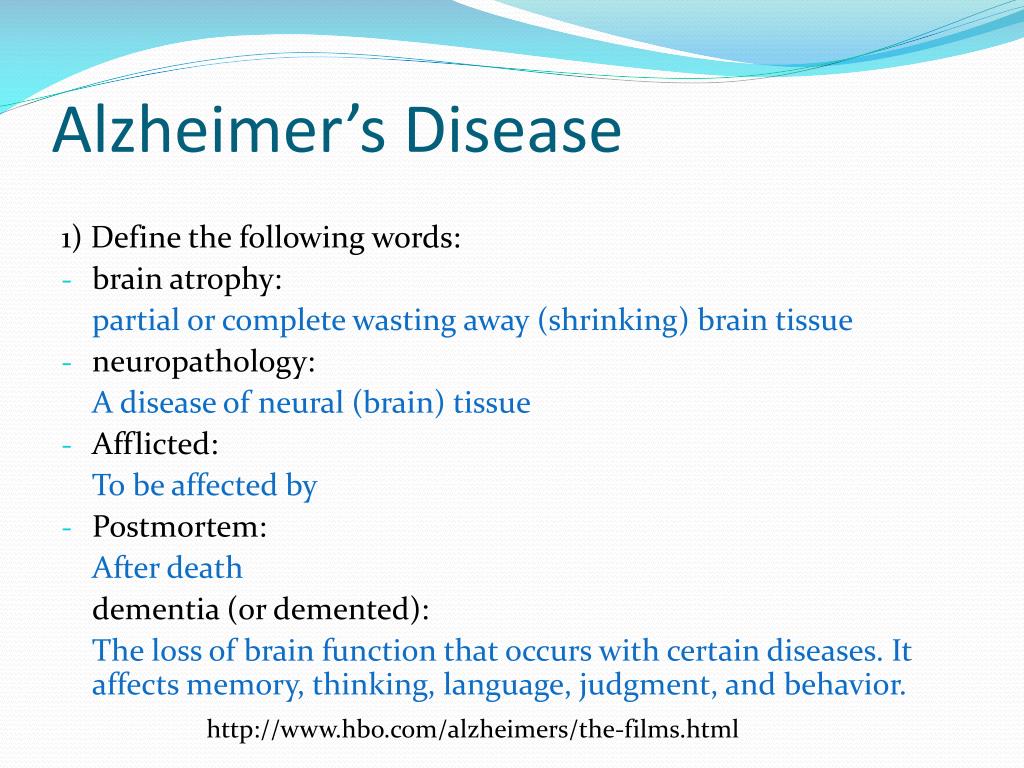

An orientation test: What month is it? What is the date today? What is the day of the week? What year is it? What time is it right now?.That the team physician or ATC conduct three cognitive assessment tests: When conducting a more thorough examination forĪnterograde amnesia deficits, the Zurich consensus statement (and the SCAT3 (7) and Child-SCAT3 (8) recommends Under the Child-SCAT3 (8), athletes ages 5 to 12 are asked as a slightly different set of Maddocks questions ("Where are we at now? Is it before or after lunch? What did you have last lesson/class? What is your teacher's name?").
#Anterograde amnesia vs retrograde amnesia journal articles series#
When checking for amnesia on the sports sideline, the Sport Concussion Assessment Tool 3 (SCAT3) (7) - issued in conjunction with the Consensus statement on concussion in sport issued after the 4th International Conference on Concussion in Sport held in Zurich in November 2012 (9) - includes tests for retrograde amnesia (the ability of the athlete to recall past events) by asking an athlete 13-years and older, a series of so-called "Maddocks" questions ( At what venue are we today? Which half is it now? Who scored last in this match? What team did you play last week/game? Did your team win the last game?). The symptoms of retrograde amnesia may improve over time (1).

Hours, days, months or even years depending on the severity of the RGA may extend backwards for seconds, minutes, Recall events that occurred during the period prior to brain injury. Retrograde amnesia (RGA) is characterized by the partial or total loss of the ability to Or anything that occurred for days, weeks, or even months after their The recovery of consciousness patients may be unable to recall little Return after the recovery from a loss of consciousness (LOC). Anterograde memory is frequently the last function to (partial or total loss of the ability to recall events before injury).Ī nterograde amnesia is characterized by a reduced ability to form new memories after aīrain injury, which may lead to decreased attention and inaccurate An athlete can experience two types of post-traumatic amnesia (PTA) after a concussion:Īnterograde (reduced ability to form new memories) and/or retrograde


 0 kommentar(er)
0 kommentar(er)
